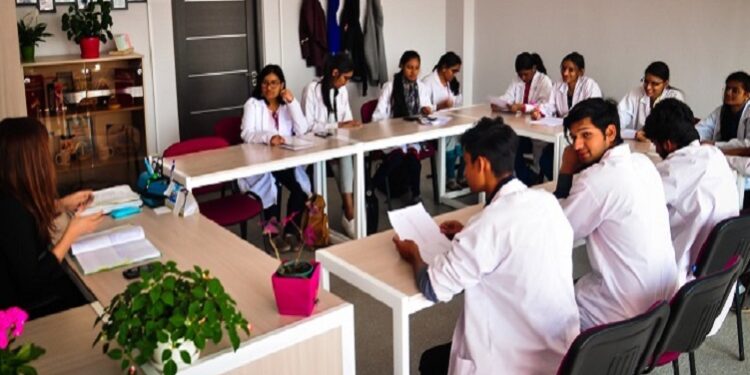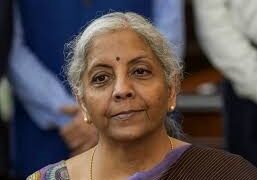About 47% of the houses built for the poor and slum dwellers under the Pradhan Mantri Awas Yojana (Urban) are lying vacant. According to TOI report, the main reason for these houses remaining vacant is the lack of basic facilities. This scheme was started with the aim of providing houses to the poor, but its real benefits are not reaching the people.
What are the main reasons?
Lack of basic facilities:
In the houses that have been built, facilities like roads, water, electricity and sewage are not fully available. This problem is especially severe in the houses built under the In-Situ Slum Redevelopment (ISSR) scheme, where 70% of the houses are lying vacant. Low Residential Rates:
Overall, out of 9.7 lakh houses, only 5.1 lakh houses are inhabited. 4.1 lakh houses built under AHP (Affordable Housing Partnership) are still vacant. Of the 67,806 houses in ISSR, 47,510 are still lying vacant. Delay in construction and allotment:
Delay in construction work and allotment is also a big problem. Many beneficiaries are not willing to move to these houses.
responsibility of state governments
Under the PMAY-Urban scheme, the work of providing facilities like roads, water and sewage is the responsibility of the state governments. But due to the negligence of the states, these basic facilities have not been reached till now.
help from central government
Under this scheme the Central Government:
Gave financial assistance of ₹1 lakh to every house of ISSR. Under AHP, assistance of ₹ 1.5 lakh was given to every house.
Yet, due to the laxity of the states, many houses are still unlivable.
Parliamentary panel recommendations
Better coordination should be ensured between the central and state governments. Delays in construction and infrastructure should be rectified as soon as possible. Housing projects should be strictly monitored.
Progress of the scheme so far
So far 88 lakh houses have been distributed to the beneficiaries. A total of 1.18 crore houses have been approved. The scheme was started in 2015 and was to end in 2022. But it has now been extended till 31 December 2024.
New beginning of PMAY-Urban 2.0
In August this year, PMAY-Urban 2.0 got approval, with a target of building 1 crore new houses. In this phase, emphasis will be given on equality and fast work.






